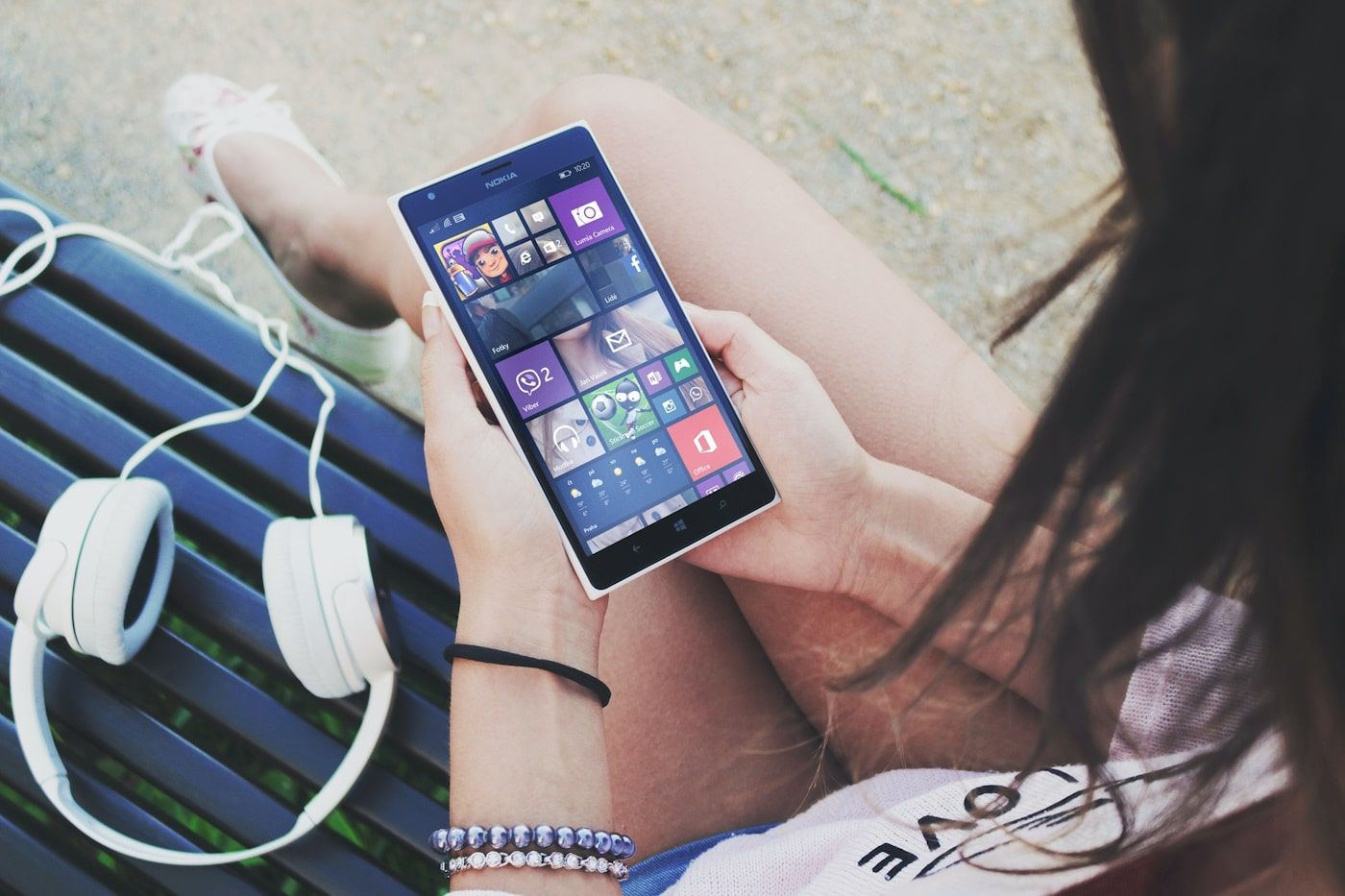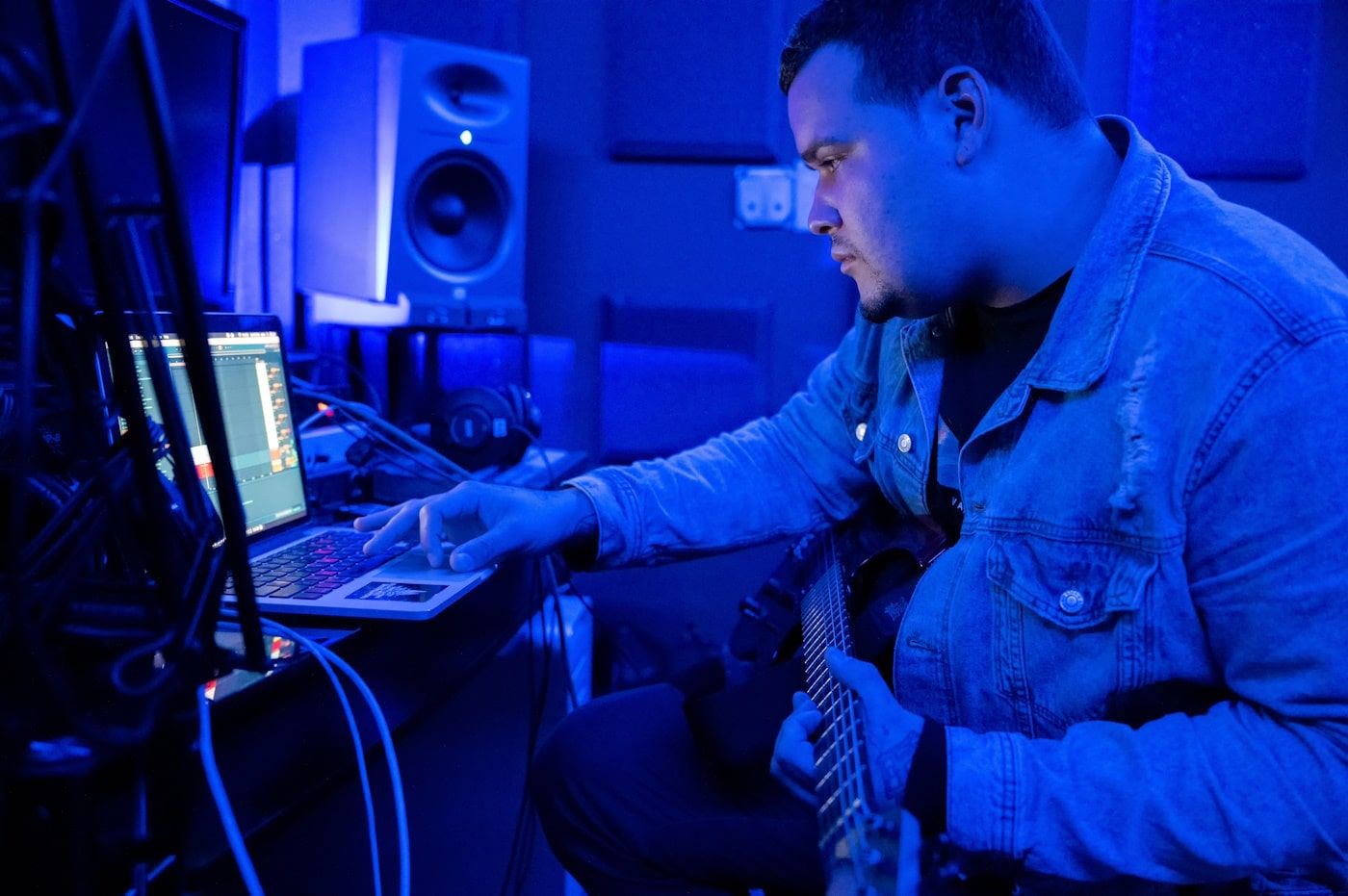Musicians have a multitude of responsibilities encompassing songwriting, branding, marketing, and performance preparation. However, they may underestimate the significance of cybersecurity when utilizing their devices. This lack of awareness can result in detrimental consequences. Even if musicians possess a presence on reputable streaming platforms or a YouTube channel, they must be conscientious about safeguarding against digital piracy, as it poses a pivotal concern for all musicians. Surprisingly, 30% of all music listeners currently resort to piracy. In this particular context, it becomes imperative to note that cybersecurity measures should not be neglected.
How to protect yourself from music piracy?
Musicians should be aware that cybercriminals possess the capability to specifically target their music. Taking steps to safeguard their works, including those in progress and those already released online, is crucial for their protection.
#1 Remember backups
One of the simplest methods to safeguard songs is by regularly backing them up. This practice ensures that even if an unauthorized individual gains access to one source, the entire collection will not be lost.
#2 Always use strong passwords
To ensure an extra layer of protection for your music, it is highly recommended to create a strong password. A strong password consists of a combination of lowercase letters, uppercase letters, and special characters. Implementing this mixture helps to enhance the uniqueness and security of your password.
#3 Create the ability to listen to music legally
Companies can achieve impressive outcomes by providing a top-notch product and a delightful user experience, all at reasonable prices. AVOD-driven services have revolutionized the industry, offering companies unprecedented flexibility in offering premium subscription choices, ad-free options, and budget-friendly ad-supported alternatives. These services also offer various technical features like picture resolution and device compatibility, making them appealing worldwide. The implementation of a tiered system gives customers access to different levels of service.
You can offer your listeners a mutually beneficial way to listen to your creations. Even if some services are not available in your country, you can open them with a VPN. Just install one of the most popular VPNs, such as Surfshark, NordVPN, or VeePN, to be able to switch between services and servers around the world on different streaming services. It doesn’t matter if it’s Steam, Spotify or Netflix. If you are worried about money transfers, then you can use Wise or a similar service.

#4 Choose only reliable streaming services
Individuals may need to consider taking extra protective measures if their music is accessible online for streaming. This is due to the prevalence of hacking incidents, which can pose a risk to their entire body of work. To ensure safety, it is advisable to utilize a reputable online streaming platform that offers reliable security features. Moreover, it is recommended to steer clear of free streaming services, as many of them have vulnerabilities.
Advice! If music industry cybersecurity is important to you, then you should start with yourself and your environment. In addition to music copyright enforcement, you must be protected yourself. This can be achieved using the VPN Chrome extension from a trusted developer. A service like VeePN offers cutting-edge technical advances in cybersecurity at reasonable prices. At the moment, this is the easiest and most reliable way to protect your digital assets from hackers.
#5 Don’t be afraid to contact a lawyer
In the event that your music is ever compromised, it may be advisable to seek guidance from a legal professional. A lawyer can assist you in taking the necessary measures to address and resolve any legal issues that may arise.
#6 Barriers to entry
In order to facilitate consumers in choosing legal alternatives, it is important to create obstacles for pirates. The era of unprotected content is a thing of the past. Content owners who seek to safeguard their investment and Intellectual Property will only engage in licensing agreements with operators who exhibit a serious approach toward combating such threats to their revenue streams.
In practice, the landscape is constantly evolving. Previously, card-based Conditional Access Systems represented the pinnacle of sophistication for operators. However, the shift towards IP and OTT delivery has compelled a move toward software-based Digital Rights Management. Nevertheless, no singular technology can provide foolproof security. The current best practice entails a multi-disciplinary approach that incorporates both preventative anti-piracy measures, as well as adhering to the following two criteria governing detection and enforcement.
Conclusion
Music piracy is a real problem, and content owners must take the necessary steps to protect their work. To this end, understanding the importance of digital rights management, protection against piracy, and ensuring personal privacy is essential in order to remain secure online. Musicians should always use strong passwords for their accounts, perform regular backups of their music data, and choose reliable streaming services.














